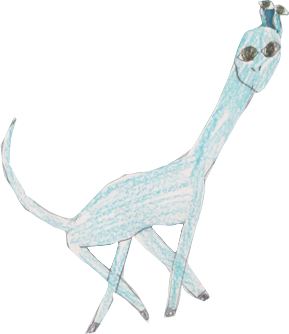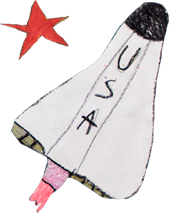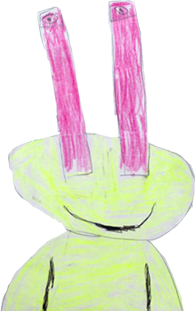Children's memorial researcher optimistic about her work
Researchers are constantly looking at new ways to strengthen the fight against brain tumors in children. While definitive therapies in the field have yet to emerge, there are many areas of research that continue to show great signs of promise. At Children’s Memorial Hospital, Amy Rosenfeld’s research in the Pediatric Neuro-Oncology Department is one example of progress that continues to offer hope.
In the final year of a three-year fellowship at Children’s Memorial, Rosenfeld’s work zeroes in on one property of the drug Busulfan, which is already being used effectively in oral form to treat certain kinds of cancer. Busulfan has been used to treat brain tumors, but at doses that necessitate support until a bone marrow transplant. With this starting point, Rosenfeld has been testing an intravenous version of the medication treatment in lower doses to determine whether bone marrow damage can be avoided without reducing the drug’s positive affects. “By testing this new form of an existing drug, there may be a way to develop a new treatment specific to brain tumors,” said Rosenfeld, who plans to become a pediatric neuro-oncologist after completing her fellowship.
Under the guidance of Dr. Stewart Goldman and partially funded by The Rory David Deutsch Foundation, Rosenfeld’s work has already cleared early testing hurdles and is being readied for a Phase I clinical trial. “We have completed background work on animals and proposed the Phase I trial, which involves testing the technique in humans,” said Rosenfeld. “This is something we’re very excited about.”
Dr. Goldman agrees. “It’s really an incredible accomplishment for Amy at this early stage in her career,” he said. “The Rory David Deutsch Foundation’s support provided her with the funding needed to drive her research forward.”
What’s unique about this drug, according to Rosenfeld, is that it gets into the central nervous system (CNS) and can penetrate the brain in much higher ratios than many other chemo-therapeutic agents. The hope is that a less toxic therapy such as this will allow patients to avoid a transplant. “We could discover that it works on many types of brain tumors, or that it could it be used to treat leukemia that has spread to the CNS,” said Rosenfeld.
Realizing early on that she wanted to specialize in pediatric neuro-oncology, Rosenfeld’s optimism about her own research and that of others was recently boosted after attending a consortium that brought together researchers from ten distinguished institutions. “It was a forum in which researchers shared what they are working on, and there is a lot of great research being conducted out there,” she said. “Sharing data and collaborating across institutions can greatly help guide future therapy for children with brain tumors, and it is funding from sources such as The Rory David Deutsch Foundation that enables that work to continue.”






















